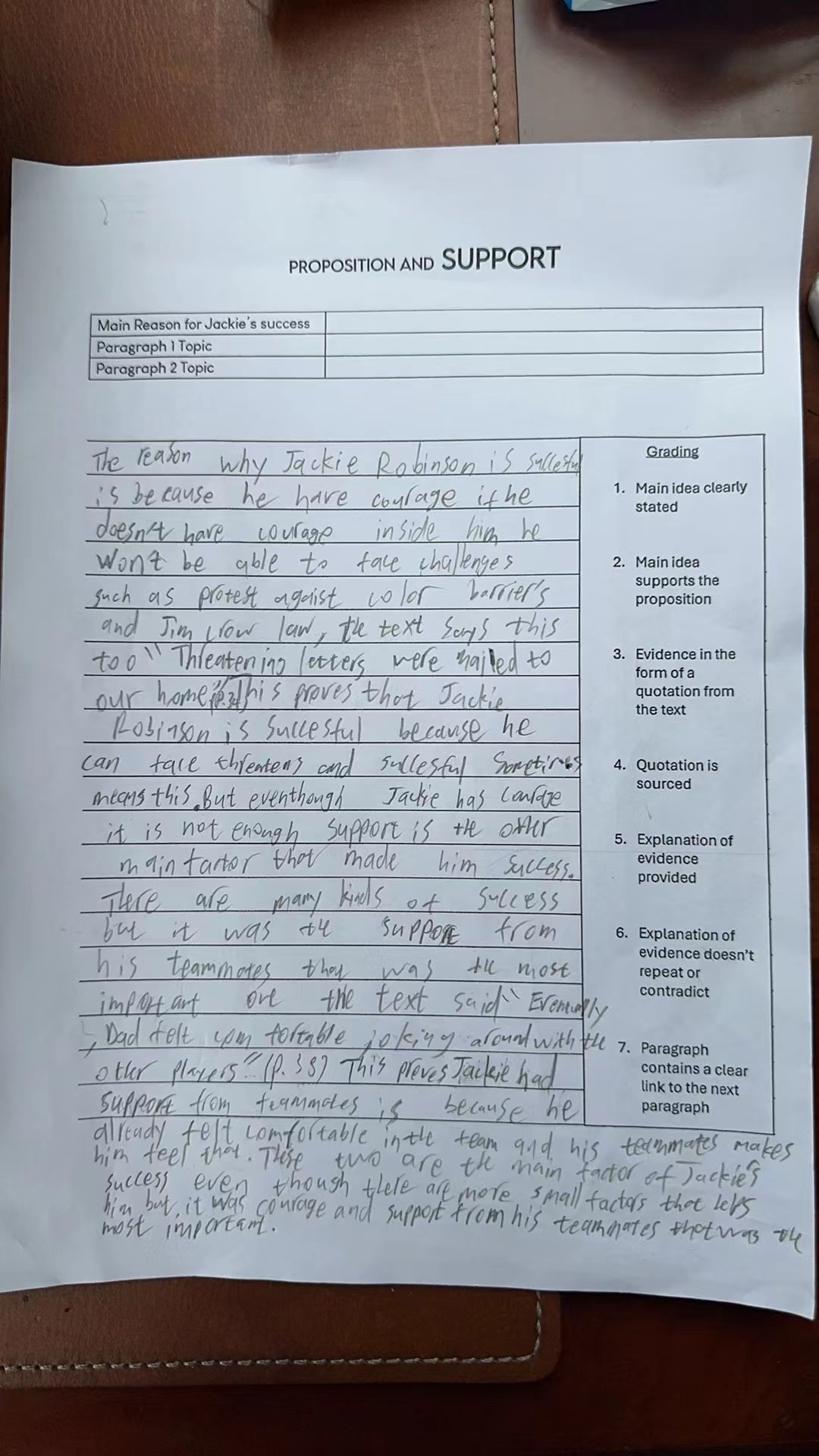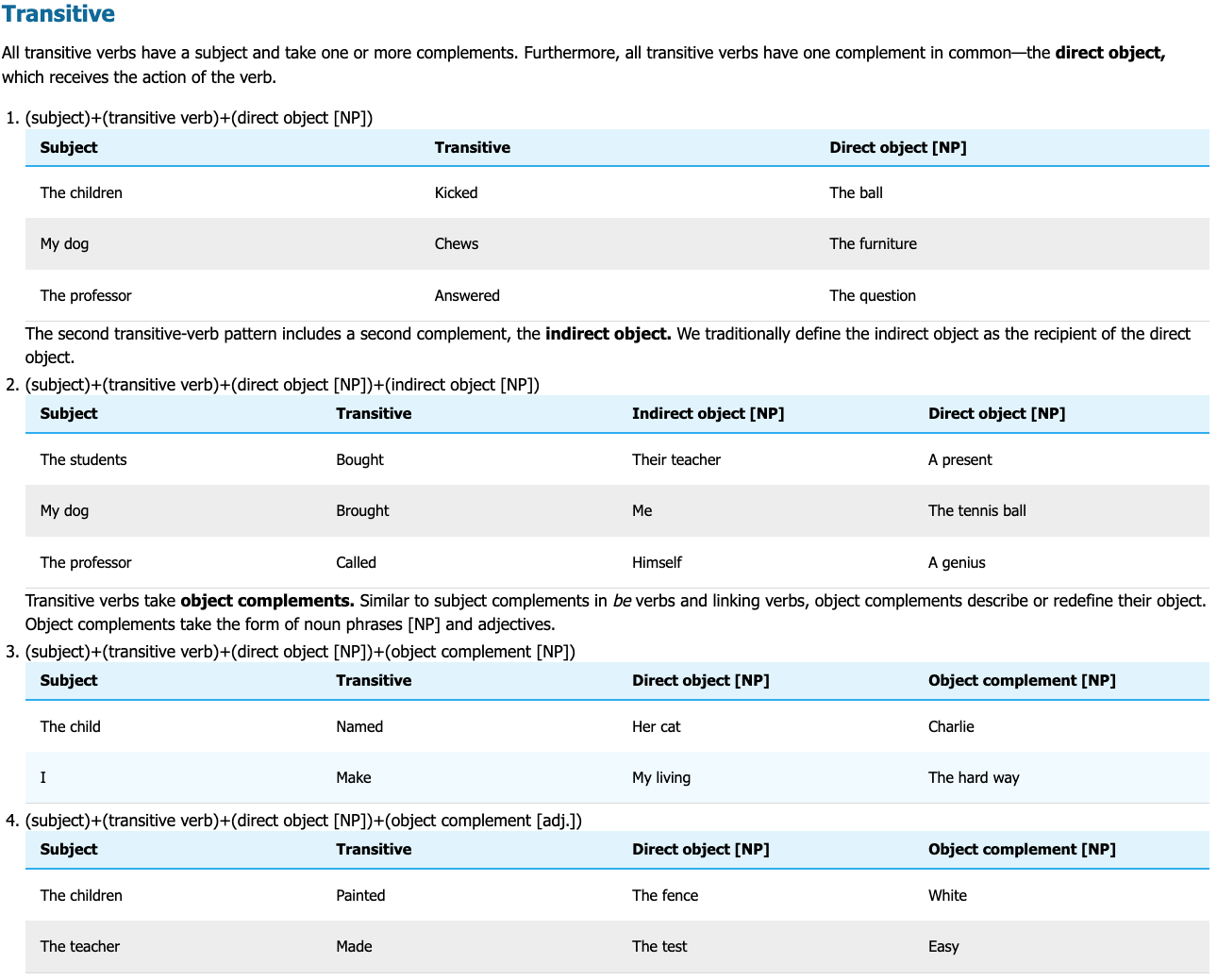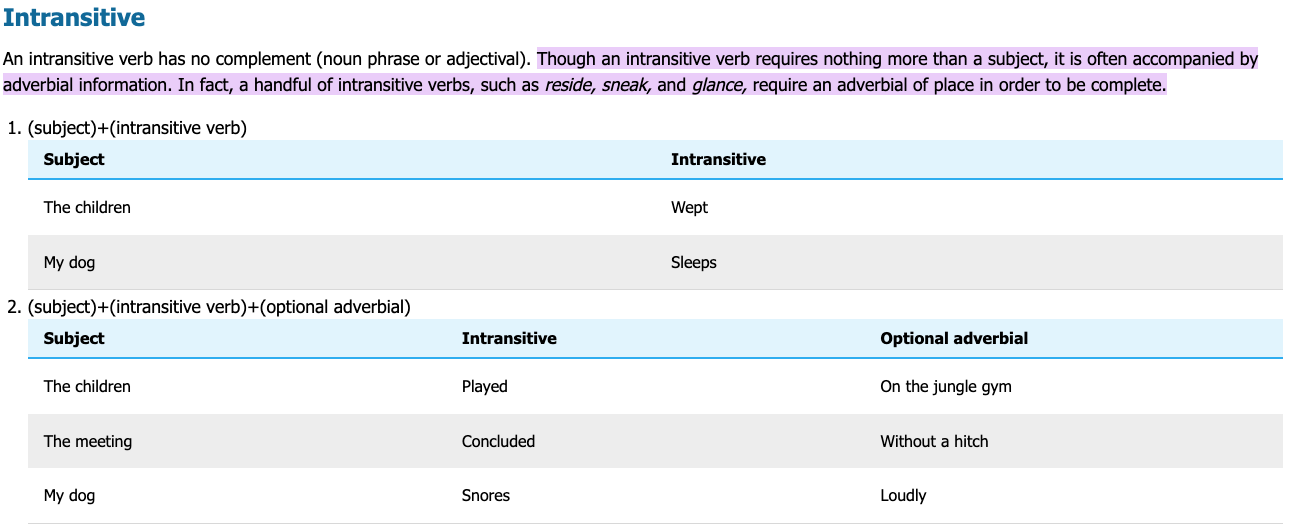Original – 
Introduction
Hook Jackie Robinson was a pioneer in baseball.
Bridge He broke baseball’s color barrier and was also a spark in dismantling segregation. He was also the first African American to break numerous baseball records and be indicted into Baseball Hall of Fame. His courage helped him break many barriers for African Americans. And he was lucky to have had support from wonderful teammates.
Thesis Thus, the main reasons for Jackie’s success was courage and his teammates’ support.
Jackie’s courage helped him succeed in becoming the first black man to play integrated baseball. For example, Branch Rickey was a successful player, sports director, and above all a businessman. He believed in equality and wanted to recruit a champion from a Negro League team that can be successful on the field but not be intimidated off the field. The author used the historic meeting between Rickey and Robinson to showcase that Robinson had to use courage to take on this important position. “Ricky Branch knew he chose the right man. He knew that Dad had both the self control and the courage to succeed. (p29)” Ricky Branch gave Jackie a hard interview where he role-played racist fans, jeering teammates, and unsupportive staff. Through his display of resolve and grit, Jackie had used his courage to overcome Branch’s interview. And through his personal history, he had proved that he could play with the best and not let environment get in the way. Hence, courage was the catalyst to Jackie’s success.
Teammates were also a part of Jackie’s success. Pee Wee Reese, Dodger’s captain, was the perfect example. During one game, “Some of the fans started yelling at Dodger captain Pee Wee Reese, telling him that, as a southerner, he shouldn’t be playing ball with a black man.” (p 41) But Pee Wee saw that Jackie was a great player, had family values, and was someone he respected. Teamwork and friendship mattered more to him than color. Then, “Reese put his hand on my father’s shoulder and started talking to him.” (p41) This gesture of camaraderie and support physically blared the message of unity and fellowship, rather than segregation and hate. So “as the two teammates stood talking, the fans got the message. They stopped heckling and settled down to watch the game. The author perfectly used Pee Wee Reese to describe how teammates helped Jackie through some of his most difficult times and were instrumental in his success.
Conclusion


